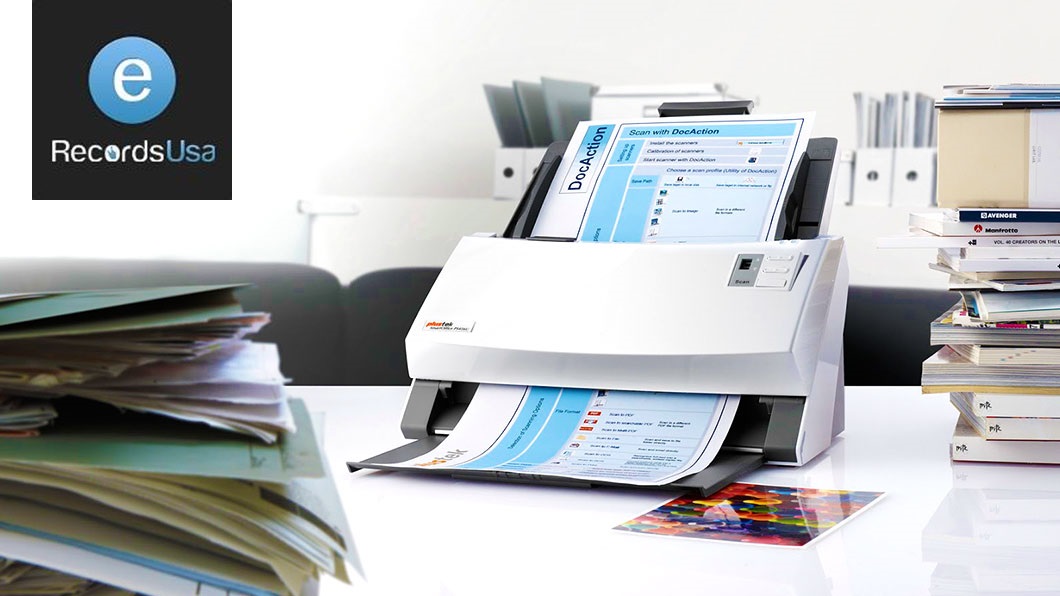FERPA – Protecting Student Privacy
You’ve learned how to efficiently and securely manage your various educational records using unique, multi-factor authentication. However, there is another federal law that requires the safeguarding of other types of student educational records and personally identifiable information (PII) — the Family Educational Rights and Privacy Act (FERPA).
According to the U.S. Department of Education, FERPA, which was enacted in 1974, protects the privacy of student records by prohibiting schools from disclosing personally identifiable information in student education records. It requires schools and educational institutions to take strict measures in protecting the privacy and confidentiality of student records.
As school administrators, teachers, parents, and guardians, it’s essential to understand the guidelines and best practices for protecting student privacy and implementing them effectively.
In this guide, we’ll delve into the importance of FERPA compliance, the types of student records, and the best practices for maintaining the security of student records.
What is an Education Record?
A student education record refers to a comprehensive compilation of information related to a student’s educational experience. This record encompasses a wide range of data, including demographic information, grades, attendance records, disciplinary actions, and much more. Schools, colleges, and universities collect this information to track a student’s academic progress and to provide support services that aid in their development.
There are different student education record types records, such as:
- Financial Information: FERPA protects financial information, such as billing records and payment history, that is directly related to a student.
- Disciplinary Files: FERPA also covers disciplinary files, which may include records of student infractions and related disciplinary actions.
- Personal Information: All personal information, including a student’s name, address, and contact information, is protected under FERPA.
- Student Course History: FERPA covers student course history, which includes records of a student’s enrollment and attendance, grades, and academic progress.
- Student Transcripts: Student transcripts, which summarize a student’s academic progress, are also protected under FERPA.
- Immunization & Health Records: FERPA also covers immunization and health records, which may contain sensitive information about a student’s medical history.
It is important to note that financial and other miscellaneous records filed in a home office filing cabinet are not considered student education records under FERPA.
What Requires Schools to Protect Students Records?
FERPA requires schools to maintain the confidentiality of student records and ensure that they are only accessible to authorized individuals. The following are the key student record requirements under FERPA:
- Schools must keep student records confidential and only allow access to authorized individuals.
- Parents and eligible students have the right to inspect and review their own records.
- Schools must provide an annual notification to parents and eligible students about their rights under FERPA.
- Schools must obtain written consent from parents or eligible students before disclosing any personally identifiable information from the student’s records.
- Schools must maintain accurate and up-to-date records and ensure that the information in the records is relevant and not excessive.
- Schools must store student records in a secure location and take reasonable steps to protect them from unauthorized access or destruction.
- Schools must destroy student records that are no longer needed for educational purposes or are otherwise required by law to be destroyed.
FERPA requires schools to comply with these requirements for protecting student privacy and ensure that they are only used for legitimate educational purposes. Schools that fail to comply with FERPA regulations, could face penalties including loss of federal funding.
Which of the Following Are the Consequences of Violating FERPA?
FERPA noncompliance can lead to severe consequences for schools and educational institutions. The Department of Education enforces FERPA regulations and imposes penalties for FERPA Violations.
- Schools that fail to comply with FERPA face the possibility of losing their eligibility for federal funding, including grants and loans.
- The Department of Education can also initiate investigations, impose fines, and take legal action against institutions that violate the FERPA laws.
- Students and their families can file lawsuits against schools for failing to protect their privacy rights under FERPA. These lawsuits can result in significant financial damages and harm the reputation of the school.
- FERPA noncompliance can also lead to negative publicity and loss of public trust, which can harm the reputation of the school and the educational institution as a whole.
- It is important for schools to take the necessary steps to ensure FERPA compliance, including training their personnel, implementing strict security measures, and regularly reviewing their policies and procedures. That’s why it is essential to take FERPA compliance seriously.
What Information Can Schools Release Without Consent?
According to the Family Educational Rights and Privacy Act (FERPA), student records and information are protected, but there are certain exceptions where they can be shared. These exceptions include:
- School officials with a legitimate educational interest in the records.
- Other schools to which the student is transferring.
- Officials for audit or evaluation purposes.
- Parties involved in processing student financial aid.
- Accrediting organizations.
- Officials in cases of health and safety emergencies.
- State and local authorities within a juvenile justice system, as per specific state law.
It is important to note that these exceptions only apply in specific circumstances and only the minimum necessary information should be shared to meet the specific purpose.
Streamline Student Records Management with eRecordsUSA
eRecordsUSA understands the importance of proper students record management, especially with the increasing number of sheets produced each year. That’s why we implement a comprehensive student record management strategy to secure and efficiently the management of student education records.
-
Scan Student Education Records
To streamline the management process and simplify tracking, eRecordsUSA provides student records scanning services to convert & protect student education records. This allows schools to have a centralized location for all student records, reducing the need for physical storage space. This ensures that all student records are in a secure digital format, making it easier to manage and access.
We use optical character recognition (OCR) to index scanned records, making it easier to search and retrieve records. This feature also helps in keeping student record management organized, making it easier to access and manage the records.
-
Store & Manage Electronic Student Records
Once student education records are scanned, they are uploaded to a cloud storage system or a document management system (DMS) software for efficient storage and management. The DMS software, equipped with indexing, allows the administrators to easily sort and search for the records using filters such as name and date.
Moreover, OCR technology enables administrators to edit newly scanned records. In the long run, the DMS proves to be extremely beneficial as it tracks the Student Records Retention, which is crucial considering the retention period of 60 years.
eRecordsUSA provides a revolutionary solution for educational institutions to manage student records in a paperless manner. With its user-friendly interface and advanced technology, it allows for easy access, secure storage, and the seamless transfer of student records.
Furthermore, it reduces the risk of data loss, saves time and money, and helps institutions become more environmentally friendly. All stakeholders including students, teachers, administrators, and academic partners can benefit from this innovative solution.
Because we provide the best scanning and storage services for their student records needs. eRecordsUSA ensures that every student’s record is accurately maintained, accessible, and secure.
To know more about our document scanning services, or to receive a free, no obligation quote, call +1.855.722.6669 or eMail us at [email protected].














